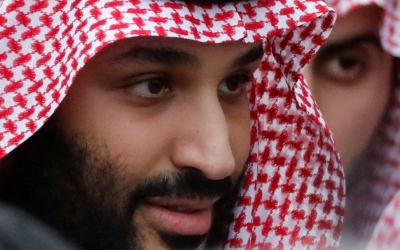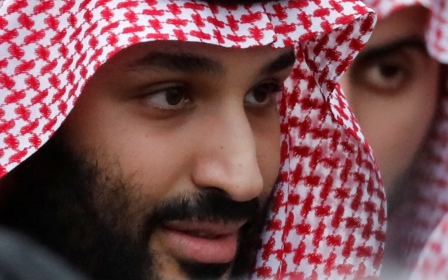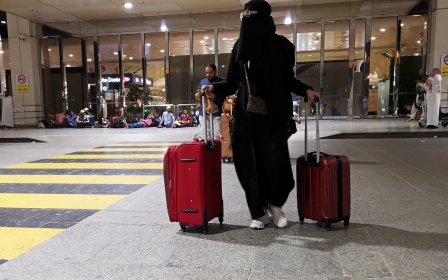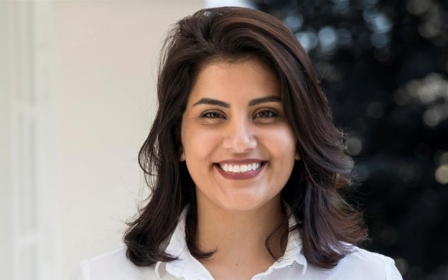Saudi Arabia replaces royal court chief, creates industry and mining ministry
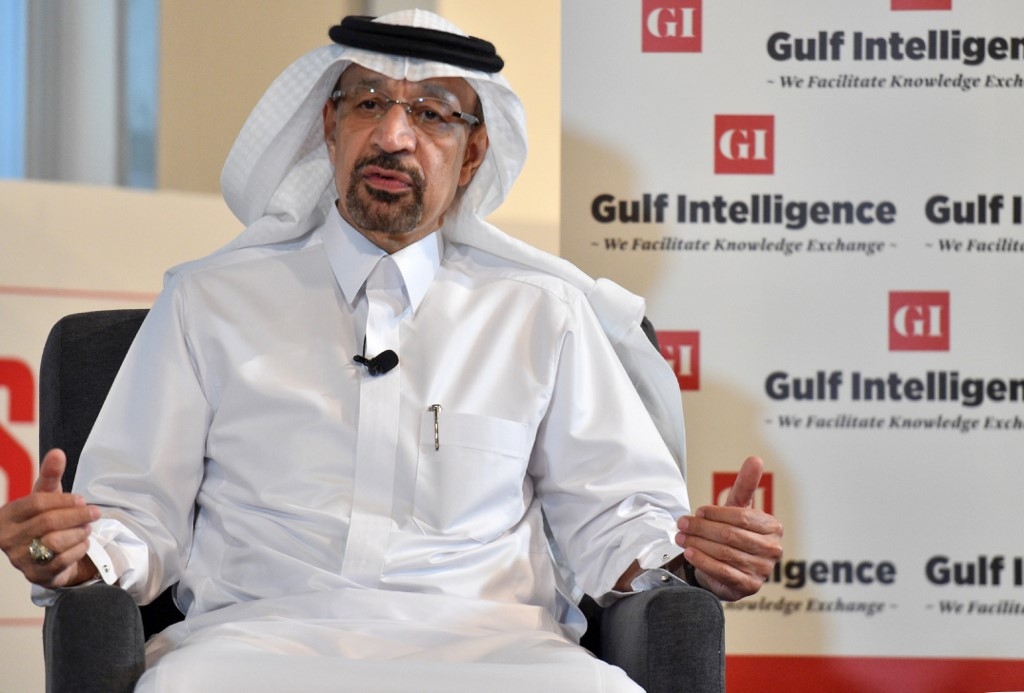
Saudi Arabia replaced the head of the royal court while announcing the creation of a new industry and mining ministry, separating it from the kingdom’s huge energy ministry in a series of official decrees late Friday.
A royal decree published on state media named Fahd al-Essa as head of the royal court, the centre of power and politics in the absolute monarchy, AFP said.
Essa is a royal insider said to be close to Crown Prince Mohammad bin Salman, the kingdom's de facto ruler and heir apparent.
He was formerly the head of bin Salman's office at the defence ministry, Reuters said.
New MEE newsletter: Jerusalem Dispatch
Sign up to get the latest insights and analysis on Israel-Palestine, alongside Turkey Unpacked and other MEE newsletters
Bandar Alkhorayef, an investor and industrialist, was named to head the new industry and mining entity, which will become independent on 1 January. The move appears to diminish the sprawling authority of Khalid al-Falih, who retains control of the energy portfolio and chairmanship of state oil giant Saudi Aramco.
Falih had overseen more than half the Saudi economy through the super-ministry, which was created in 2016 to help streamline new reforms. Still, despite ambitious plans for industry and mining, the sectors have seen relatively little development.
Two sources told Reuters that Saudi industrialists were unhappy with a lack of results during Falih's tenure. The separation followed meetings between those businessmen and the crown prince, one source added.
Industry and mining are critical to the young crown prince's push to diversify the economy of the world's top oil exporter away from crude, cut bloated state spending and create millions of jobs for young Saudis.
Saudi economist Fawaz al-Fawaz said the split was a step in the right direction but still not enough. "There are scattered efforts in local content and military manufacturing and a constant lack of investment. We need more thought," he said on Twitter.
Former information minister Awwad al-Awwad was appointed head of the human rights commission, while Mazen al-Kahmous was named new chairman of the national anti-corruption commission.
The kingdom has come in for international censure over alleged human rights abuses, including the murder of journalist Jamal Khashoggi and the arrests of scores of dissidents including prominent women's rights activists.
The shakeup comes ahead of the first anniversary in October of journalist Khashoggi's murder inside the Saudi consulate in Istanbul.
The killing tainted the image of the crown prince even though the kingdom strongly denies he was involved.
Middle East Eye delivers independent and unrivalled coverage and analysis of the Middle East, North Africa and beyond. To learn more about republishing this content and the associated fees, please fill out this form. More about MEE can be found here.


